Abstract:
Process hazard analyzes are carried out periodically in chemical industries to identify existing hazards and classify the risks involved. These analyses often use tools to assist in the study of risks, but to estimate the heat that will be released during a chemical reaction and the consequences involved, these tools have limitations. One option is to use the reaction kinetic data and perform computational modeling to simulate deviations from the standard operating condition. As an example of a modeling and simulation study, the polymerization of poly(methyl methacrylate) (PMMA) was chosen for the analysis of the thermal energy profile in the scenario of a 10, 50 and 100% increase in methyl methacrylate concentration, and on the scenario of lack of cooling water. Acrylic polymerization is an exothermic reaction with great energy potential, which must be carried out by controlling the reaction temperature. The objective of modeling and simulation is to measure the heat released during polymerization and to propose safety barriers to avoid runaway reactions, or to mitigate the effects caused by it. The modeling proposed in the work, performed in the Octave software, proved to be effective in estimating the heat that will be released in case of deviations from the standard operating condition, as it was identified that the estimated temperature increase is 1.6 to 2.6°C /min, therefore, it was possible to establish that the protective barriers should act with temperature increases from 5°C/min to prevent runaway reactions.
Reference:
AFFONSO, Juliana Issa; SILVA, Andre Luiz Nunis da; OLIVEIRA, Adriano Marim. Análise de risco de processo de polimerizações a partir da simulação térmica. Revista IPT, Tecnologia e Inovação, v.6, n.20, p.6-22, set., 2022.
Access to the article on the Journal website:
http://revista.ipt.br/index.php/revistaIPT/article/view/161/195
Process hazard analyzes are carried out periodically in chemical industries to identify existing hazards and classify the risks involved. These analyses often use tools to assist in the study of risks, but to estimate the heat that will be released during a chemical reaction and the consequences involved, these tools have limitations. One option is to use the reaction kinetic data and perform computational modeling to simulate deviations from the standard operating condition. As an example of a modeling and simulation study, the polymerization of poly(methyl methacrylate) (PMMA) was chosen for the analysis of the thermal energy profile in the scenario of a 10, 50 and 100% increase in methyl methacrylate concentration, and on the scenario of lack of cooling water. Acrylic polymerization is an exothermic reaction with great energy potential, which must be carried out by controlling the reaction temperature. The objective of modeling and simulation is to measure the heat released during polymerization and to propose safety barriers to avoid runaway reactions, or to mitigate the effects caused by it. The modeling proposed in the work, performed in the Octave software, proved to be effective in estimating the heat that will be released in case of deviations from the standard operating condition, as it was identified that the estimated temperature increase is 1.6 to 2.6°C /min, therefore, it was possible to establish that the protective barriers should act with temperature increases from 5°C/min to prevent runaway reactions.
Reference:
AFFONSO, Juliana Issa; SILVA, Andre Luiz Nunis da; OLIVEIRA, Adriano Marim. Análise de risco de processo de polimerizações a partir da simulação térmica. Revista IPT, Tecnologia e Inovação, v.6, n.20, p.6-22, set., 2022.
Access to the article on the Journal website:
http://revista.ipt.br/index.php/revistaIPT/article/view/161/195

